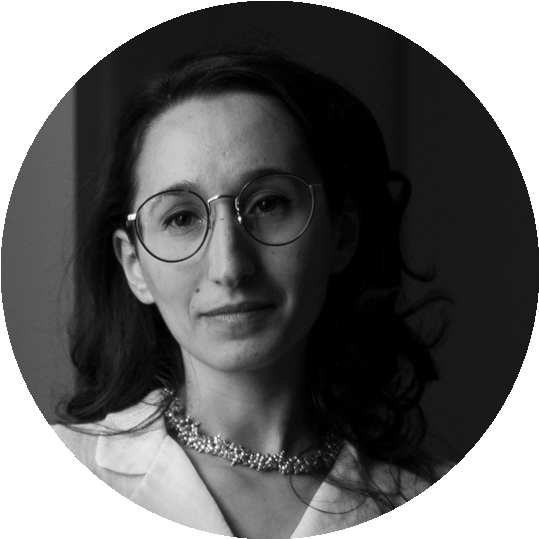Giulia Mangione
Interview by Nicola Nosengo, NCCR MARVEL, September 2023
What was your role in NCCR MARVEL, and what did you focus on at the time?
I was working on a joint study with Raffaella Buonsanti’s group, about CO2 reduction on copper catalyzers. We were studying how to use the different facets of a catalyzer to improve the performance of CO2 reduction. The work resulted in a publication in 2019 in Journal of Physical Chemistry Letters. It was a big challenge, and neither Clémence nor I expected it to be so difficult. It was very expensive in computational terms, and ultimately also financially.
What was your path after leaving MARVEL?
After MARVEL I was hired as a research scientist in a UK company called Johnson Mattey. I was working in research and development, doing computational work on cathode materials for lithium-air batteries. My work was funded by a Innovate UK programme, so it was fixed term. In parallel, I was working on cathode materials for other technologies, such as lithium ions or lithium-sulfur batteries. The work on lithium ions allowed me to go beyond computational chemistry and also explore the synthesis and testing of the materials I was predicting with computations. This was really a steppingstone for me. We computational scientists enjoy a privileged view on materials science because we get to know the deep processes, but adding to it the practical aspect is great. I spent 2 years there, then I was contacted by what at the time was FCA (Fiat Chrysler Automobiles) and is now Stellantis, that offered me a position. I had been away from Italy for three years and I was happy to have the opportunity to go back.

How can you describe your current job?
I am Design Tech Lead, and I am responsible for sourcing suppliers of batteries for electric vehicles for the EMEA (Europe, Middle East, and Africa) region. Our company does not produce batteries internally, so we rely on external suppliers. Once the supplier is identified, I oversee the technical development of the cells and battery and make sure it follows the requirements that are needed for every car model. It’s a coordination job, but it requires a strong technical expertise.
How did the MARVEL experience prepare you for this position?
More than anything else, it taught me to be resilient. The research work I did in MARVEL was very challenging, and I learned to never give up, to appreciate even the smallest achievements. That’s a lesson I took with me in my industry work. Research does not progress in a straight line, it’s more of a sine wave. There are moments when you must accept that things are not going well, but that the fruits of your efforts will appear later. I learned that during my MARVEL time, and for me it’s quite incredible that a relatively short period had such an impact on my career.
Was it a big change for you moving from academia to industry?
As long as you are in research and development, the working environment in the industry is quite similar to academia. You are surrounded by young people, it’s an international environment, everyone has a PhD. Things change quite a lot when you move towards production. That also means that it’s more difficult to develop long-lasting friendships than it was in academia.
What advice would you have for young researchers who are considering a career in industry?
My first advice would be to throw yourself into your PhD and postdoc work without worrying excessively about the topic. Sometimes, during that period, you can end up thinking that there will be opportunities out there because only a few people are working on the same specific subfield. But what PhD and postdoc really teach you is flexibility, the ability to think fast, and these are soft skills that can be reused elsewhere. No recruiter will focus on the title of your PhD thesis. No one will care if you specialized in CO2 reduction rather than on photovoltaics. Companies look for flexibility. They will be interested in how fast you can learn, how long it will take for you to work autonomously.
So, do not worry if the topic of your thesis is not 100% consistent with the topic of the position you are applying for. I was working on CO2 reduction, and I was hired to work on batteries. Of course, it’s still electrochemistry, but they are separate worlds. On one side it’s sad, because we invest so much time in studying. But on the other hand it’s liberating. When choosing a topic for your PhD, it’s good to keep an eye on where society is going. For example, there will be more and more opportunities linked to electrification. But on the other hand, the PhD is often the last opportunity to work on something of your choice and that you enjoy, and you should take it.
